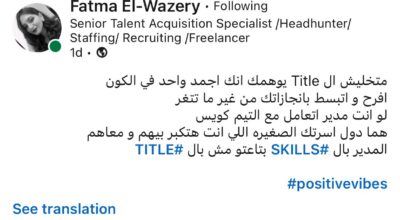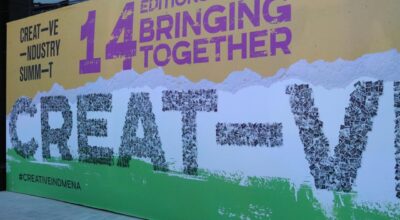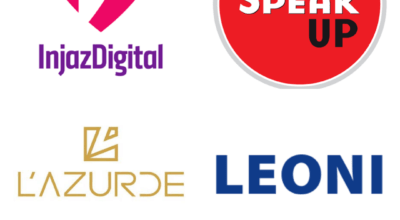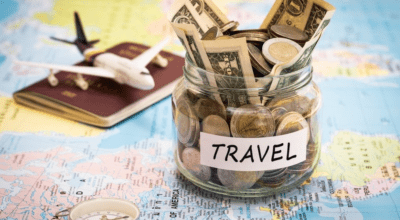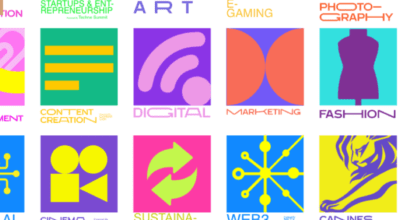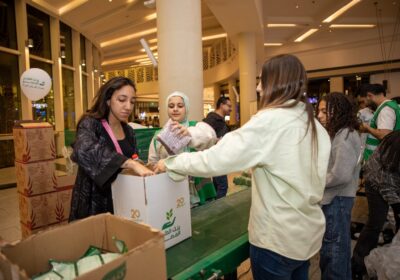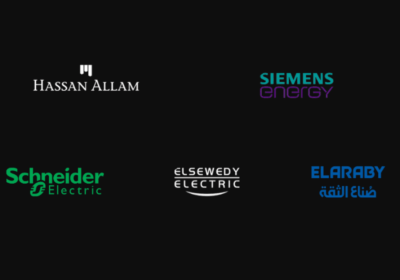There’s no denying that our environment is in danger, but the good news is, there are a few solutions to lessen the damage. Egyptians are becoming more aware of the problem and some are even trying to be a part of the solution. A mobile application entitled “Money Bekia” was created by a group of young Egyptians from Beni Suef hoping to help solve the huge amount of waste produced in Egypt. The application buys waste from different companies and then sends it to recycling factories. Money Bekia facilitates the process for businesses and saves them money, time and effort whilst also reducing industrial wastes.
“We started through student activities, and wanted to raise awareness about waste and its effects on the environment. We worked like this for 2 to 3 years as volunteers just to raise awareness. We were awarded third place by the Ministry of Youth and Sports as a socially and environmentally effective initiative,” Alaa El Gebaly, Founder and CEO of Money Bekia told us. “Money Bekia is a business-to-business management system that collects solid waste from companies and sends it to recycling factories,” El Gebaly continued.
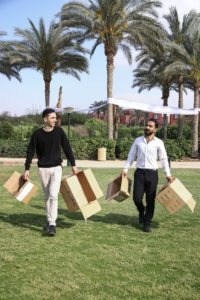
Via Money Beria Facebook page
Minister of Environemt, Khaled Fahmy announced in an interview with ON live that 70 million tons of garbage are generated in Egypt every year. With no proper collecting and recycling system and no database, this could lead to a crisis. The situation cannot afford being dealt with randomly; 70 million tons per year is enough to cause irreversible damage to our environment if not managed properly.
In fact, there’s no database to go back to and find out the type of waste being produced, where it’s coming from and where it’s being sent. But this is what Money Bekia is also trying to do in terms of developing the industry. “We want to build a database for companies to understand how much and what type of waste they produce. There’s no data base whatsoever online or anywhere about this industry in Egypt,” stated El Gebaly.
The risk of having no database for the industry doesn’t stop here. “The industry gets highly monopolized by the private sector, and the individuals who collect waste are unknown. There’s no data for how much or what type of waste they collect or where that waste is going,” he adeed.
This is a huge risk that leads to getting rid of industrial waste in unethical ways like burning garbage, for example. When the waste increases, and it can’t be contained anymore, the same individuals monopolizing the industry end up burning it to get rid of it easily. Burning garbage is highly damaging to the environment, to animals and to humans as well; it’s a toxic process that causes a lot of harm, but it’s still being done due to the lack of a database, and therefore lack of control.
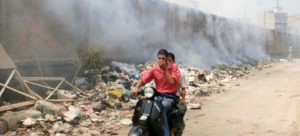
Via news.un.org
When materials and waste are burned, dioxins, groups of highly toxic chemical compounds, are produced and introduced into the environment. According to The World Health Organization, once dioxins enter the body they last a long time because of their chemical stability and their ability to be absorbed by fat tissue, where they are then stored in the body. Dioxins are highly toxic and can cause reproductive and developmental problems, damage the immune system, interfere with hormones and also cause cancer.
“We want to form a researchable database to easily develop the industry through it. It will facilitate the research for scientific purposes and avoid these highly damaging risks,” El Gebaly said.

